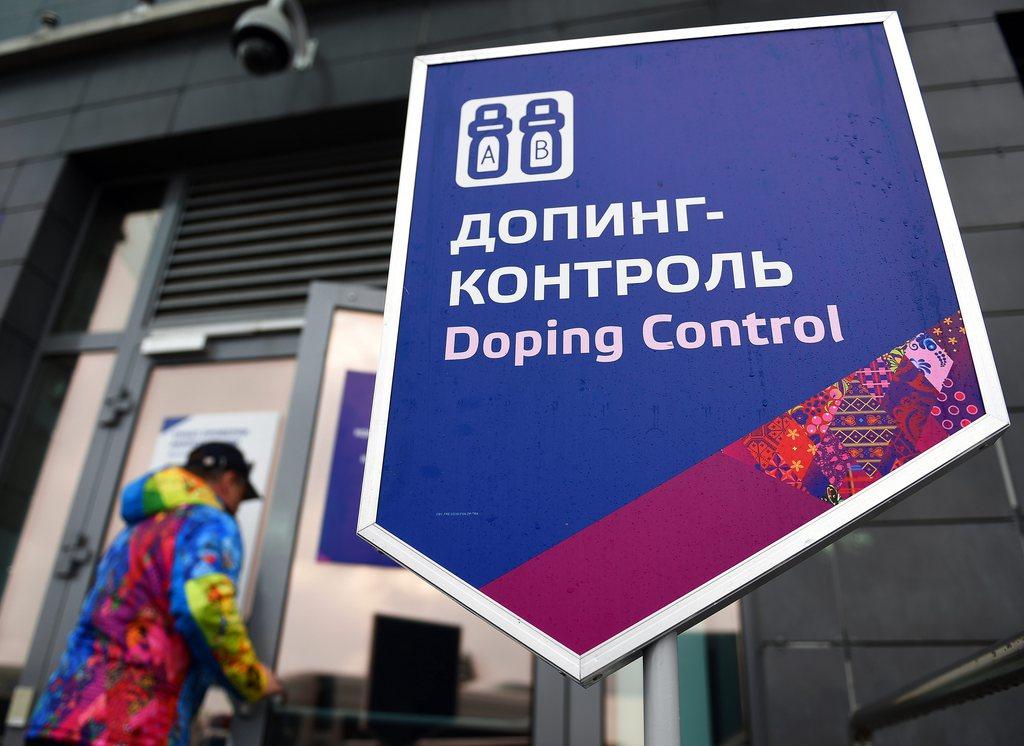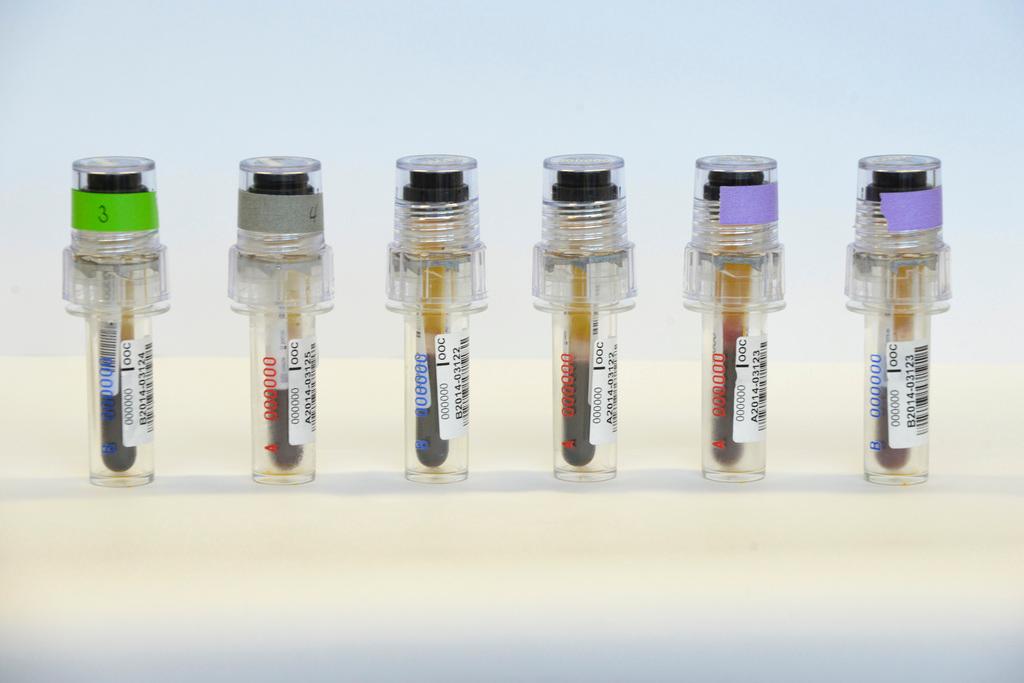Russia doping report has ‘destabilised’ sports community

Last year’s report into doping in Russia involving over 1,000 athletes in the country continues to send shockwaves through the sports world, World Anti-Doping Agency (WADA) Director General Olivier Niggli told an international conference in Lausanne on Monday.
“We have to acknowledge that the system unveiled has been extremely destabilising for the entire community. Dealing with the aftermath is difficult for all of us,” the 46-year-old Swiss lawyer, who became director general last July, told a 700-strong audience of sports officials and government representatives.
An investigation commissioned by WADA, conducted out by Canadian sports lawyer Richard McLaren, reported in December 2016 that over 1,000 Russian competitors across more than 30 sports were involved in an institutional conspiracy to conceal positive drug tests as Moscow “hijacked international sport” over the course of five years.
On Monday, WADA President Craig Reedie said Russia’s anti-doping agency (RUSADA), suspended in 2015 after news of the drugs scandal that led to Russian track-and-field athletes being banned from the following year’s Rio Olympics, had taken steps forward in the past year. But there was ‘significant work‘ still to be done, he added.
Russian Sports Minister Pavel Kolobkov, who was present in Lausanne, replied that RUSADA was working towards being considered compliant within the year and that it was cooperating and open to inspections.
Russian President Vladimir Putin earlier this month rejected the McLaren report’s findings about state-sponsored doping but recognised there had been individual cases of cheating that indicated the country’s current system was not working.
“The ball is in their camp and we will see when they are able to deliver this programme,” said Niggli, who added that Putin’s comments were “very encouraging, going in the right direction”.
On Monday, the Swiss-based Court of Arbitration for Sport (CAS) upheld a lifetime ban on Sergei Portugalov, former chief of the Russian Athletics Federation’s Medical Commission, for his role in providing illicit substances to Russian competitors.
In a 2015 report, WADA had written that Portugalov supplied performance-enhancing drugs to athletes and coaches, administered doping programmes and “even injected athletes himself”.
“I hope that politics can now stay at the door and we can all focus on protecting clean sports and clean athletes,” he went on.
Let’s move on…
The Swiss lawyer said it was now a “pivotal moment for clean sport”.
“It’s been a turbulent time and challenging but I’m actually quite optimistic for the future,” he declared. “I think we’ve got a great opportunity to move forward to improve the system.
Priorities for the years ahead include ‘strong compliance’, supported by ‘meaningful sanctions’ and further investigative work, he noted.
“Investigations are here to stay,” said Niggli, who has held various posts at WADA since 2001 including chief operating officer, legal director and chief financial officer.
The Montreal-based organisation is building an in-house team of six independent investigators. WADA last week also launched a whistleblower programme – ‘Speak Up’ – and online platform to encourage athletes and others to come forward to report violations of anti-doping rules.
Amid the future plans criticism of WADA was voiced in Lausanne. US Anti-Doping Agency chief Travis Tygart told Reuters that WADA was not an independent body and in its current state could not correctly police sport as it lacks the powers of a global regulator.
WADA’s foundation board and executive committee are made up equally of representatives from the Olympic movement and governments.

In compliance with the JTI standards
More: SWI swissinfo.ch certified by the Journalism Trust Initiative













You can find an overview of ongoing debates with our journalists here . Please join us!
If you want to start a conversation about a topic raised in this article or want to report factual errors, email us at english@swissinfo.ch.